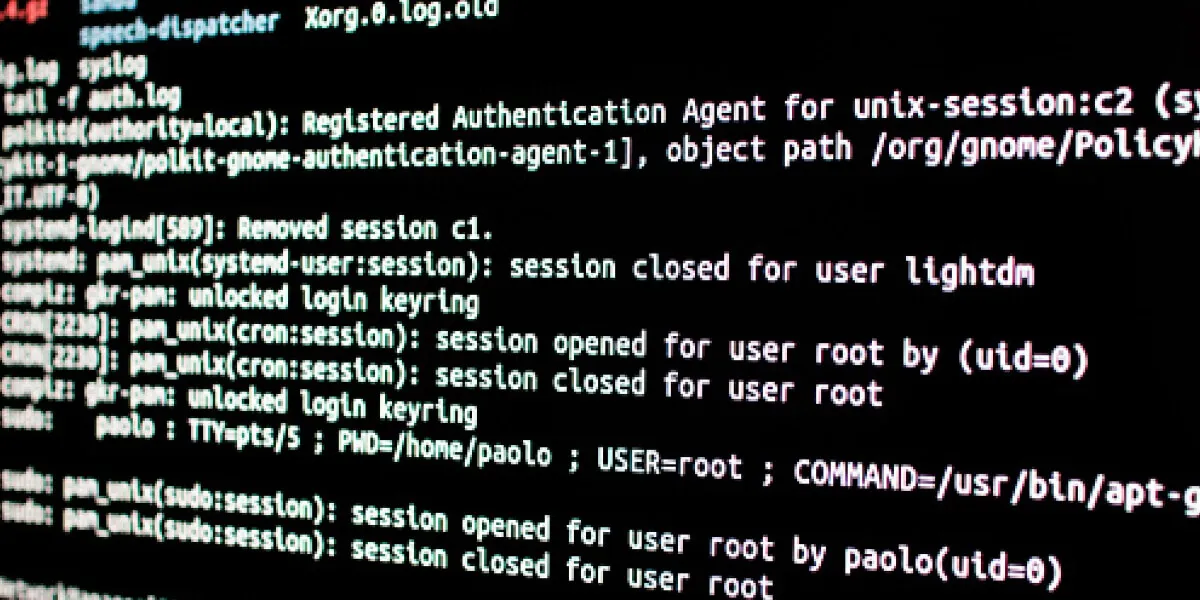
System administration on Linux is a profession. It may be entertaining, irritating, mentally demanding, tiresome, and a wonderful source of achievement as well as fatigue. To put it another way, it's a job like any other, with good times and bad times. We all know to become one, we should complete a Linux administrator course, but what happens next?
What is the role of a Linux Sysadmin?
System administration encompasses nearly every element of hardware & system operation. A Linux administrator should be familiar with network security, firewalls, analytics, and other parts of a functioning network. Learning new software, maintaining patches, reading and complying with security warnings, and applying hardware upgrades are all part of Linux system management.
The most challenging aspect of the job
The technical side of things is quite simple. Dealing with people is the most difficult aspect of the job. That may seem dreadful, but it's reality. On the one hand, you have to deal with your boss, which isn't always simple. The SA's life does not appear to be improved by his co-workers. They should, but they don't always. Not every colleague is a jerk. Some people are helpful, conscientious, and attentive.
Then there are the users: the end-user, the bane of every SA's existence. If we eliminate interfacing with users, SA would be a good job. But without users, there be probably no job.
Bringing everything to a close
It's a satisfying career to work as a Linux system admin. It entails a significant amount of responsibility. It may be rather nasty at times. It can be a lot of exciting at times. It's a job, after all. Linux System Administrators come from a wide range of backgrounds. It's not easy and demanding for those with thin skin. It's for those who want to tackle complex challenges and make their network's computing experience better for everyone. It's a rewarding job and an excellent career choice. Research it.
Relevant courses that you may be interested in:
Administration with RedHat Linux







